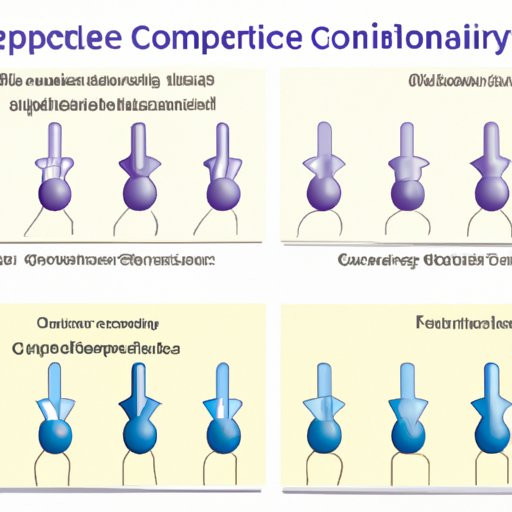Introduction
In scientific research, a control group is an essential element to achieving accurate results. It serves as the benchmark for comparison when testing a hypothesis or examining the effects of an intervention. But what exactly is a control group, and why is it so important in scientific experiments?

Why a Control Group is Essential to Scientific Studies
The primary purpose of a control group is to provide a standard of comparison for the experimental group. According to the National Institutes of Health (NIH), “a control group is a group separated from the rest of the experiment such that the independent variable being tested cannot influence its results.” In other words, the control group allows researchers to compare the results of the experimental group to a “normal” or “typical” outcome.
Having a control group also helps to reduce the potential for error in an experiment by controlling for extraneous variables. An extraneous variable is a factor that can affect the results of an experiment but is not part of the experiment itself. For example, if a researcher is testing the effects of a new drug on patients, they must be sure to control for factors like age, gender, and lifestyle that could impact the results.

Defining the Control Group in Science Experiments
In order to understand how a control group works, it is important to first identify its characteristics. The control group is a group of individuals or objects that are similar to the experimental group but do not receive the treatment or intervention being tested. It is typically composed of individuals who have similar backgrounds, experiences, and characteristics as the subjects in the experimental group. Additionally, the control group should be randomly selected from the same population as the experimental group.
It is also important to understand the difference between the experimental and control groups. The experimental group is the group that receives the treatment or intervention being tested, while the control group does not. The results from the control group can then be compared to the results from the experimental group in order to determine the effectiveness of the treatment or intervention.
Examining the Benefits of Having a Control Group in Science Experiments
There are many benefits to having a control group in a scientific experiment. One of the most important is that it provides a baseline for comparison. By comparing the results of the experimental group to those of the control group, researchers can more accurately assess the impact of the treatment or intervention being tested.
Another benefit of a control group is that it can help to identify unintended outcomes. If the results of the experimental group differ significantly from those of the control group, then this may indicate that there is an unforeseen factor at play. This can help researchers to refine their experiments and obtain more accurate results.

Comparing Types of Control Groups Used in Scientific Research
When it comes to selecting a control group for a scientific experiment, there are two main types: placebo and neutral control groups. A placebo control group is one in which the subjects receive a fake version of the treatment or intervention being tested. This type of control group is often used in medical experiments in order to ensure that the results are not influenced by the expectations of the subjects.
On the other hand, a neutral control group is one in which the subjects do not receive any treatment or intervention. This type of control group is often used in experiments that examine the effects of an environmental factor, such as air pollution or noise levels. It is also useful in experiments that involve human behavior, such as studies on the effects of advertising.
Understanding How Control Groups are Used to Test Hypotheses in Science Experiments
Once a control group has been established, it can be used to test hypotheses in scientific experiments. First, the researcher must formulate a hypothesis, which is an educated guess about the outcome of the experiment. The hypothesis should be based on existing knowledge and prior research.
Next, the researcher must examine the data from the control group in order to determine whether the hypothesis is supported. If the results from the control group are consistent with the hypothesis, then the researcher can draw conclusions from the results of the experiment.
Conclusion
A control group plays a vital role in any scientific experiment. It provides a standard of comparison for the experimental group, helping researchers to obtain more accurate results. Additionally, it helps to control for extraneous variables that could potentially affect the results of the experiment. Finally, it enables researchers to test their hypotheses and draw meaningful conclusions from the results.
(Note: Is this article not meeting your expectations? Do you have knowledge or insights to share? Unlock new opportunities and expand your reach by joining our authors team. Click Registration to join us and share your expertise with our readers.)
